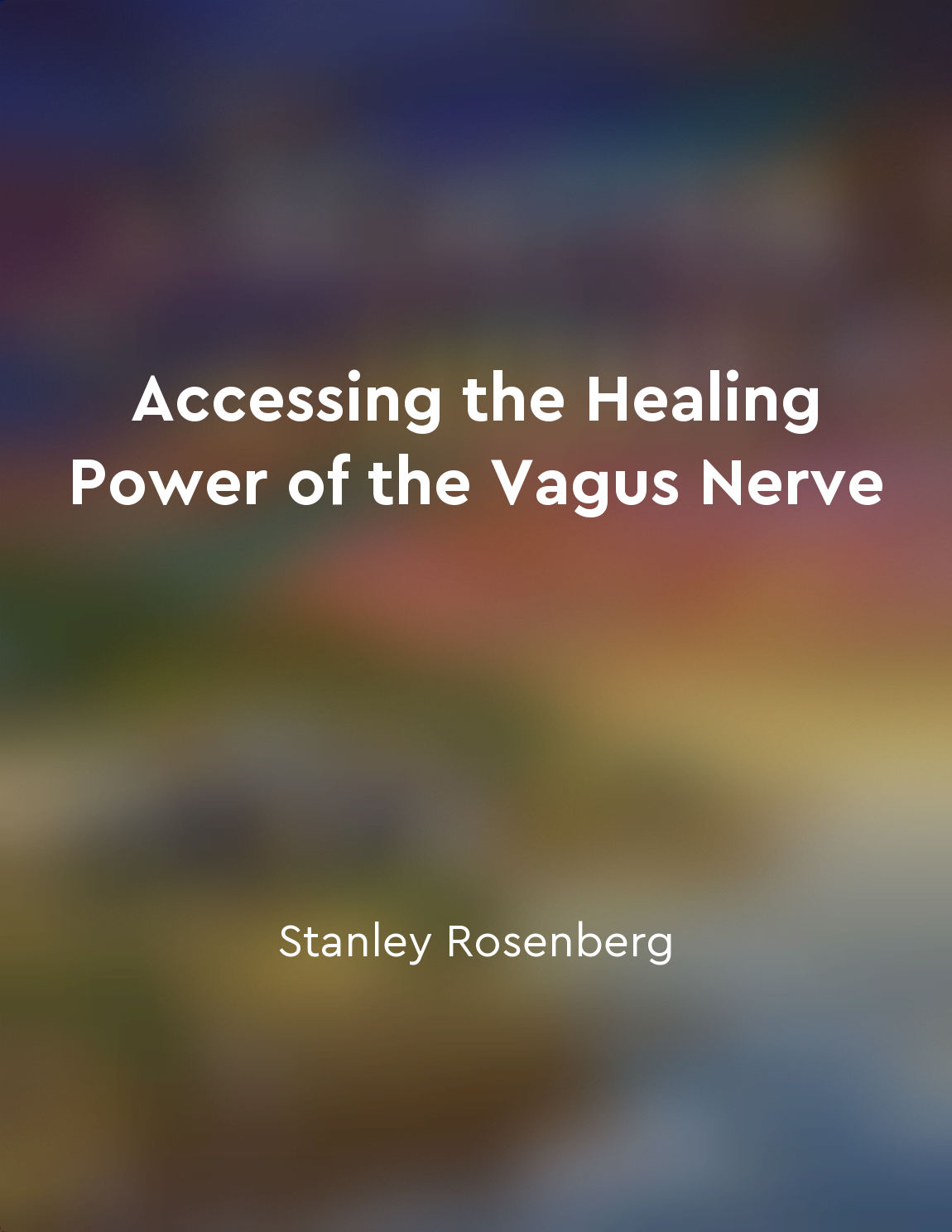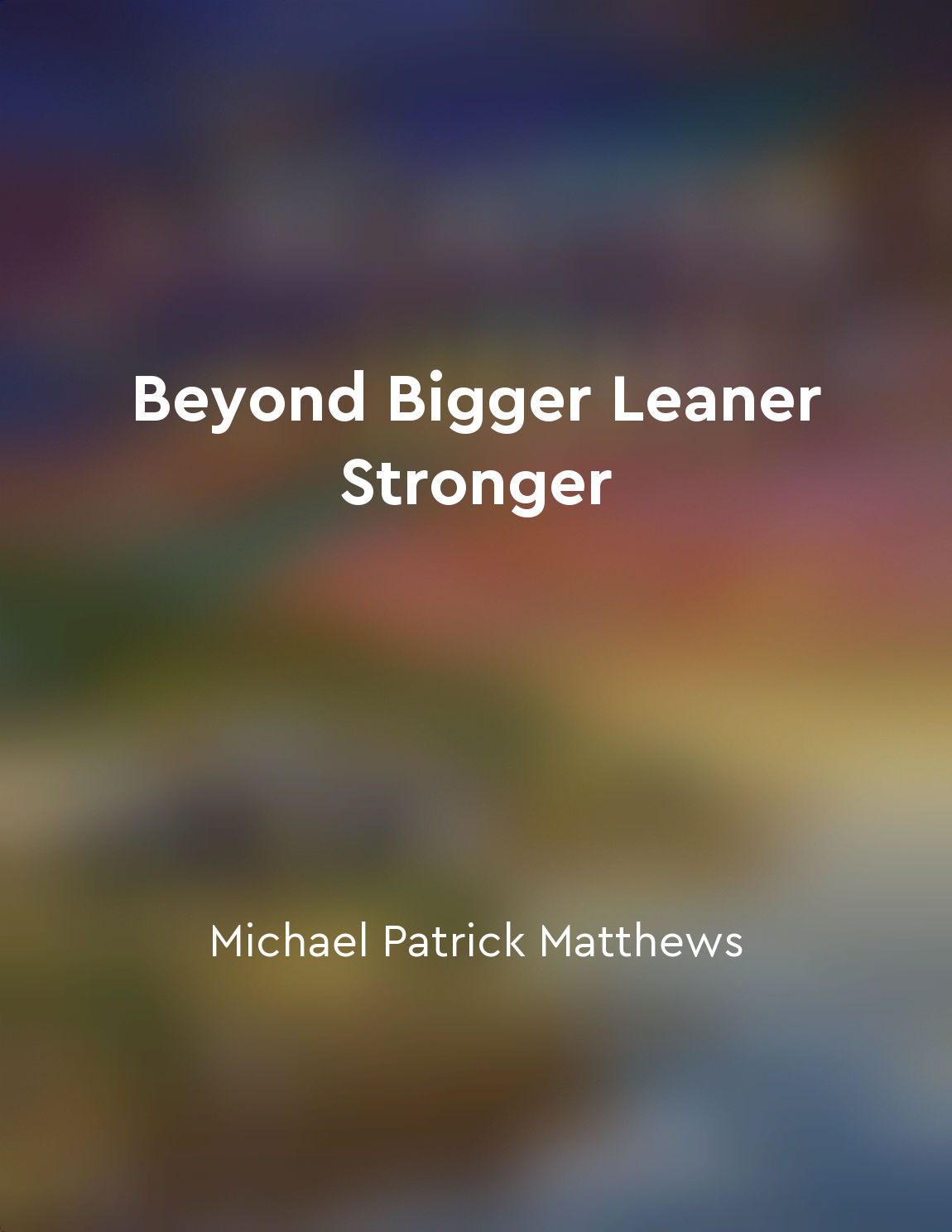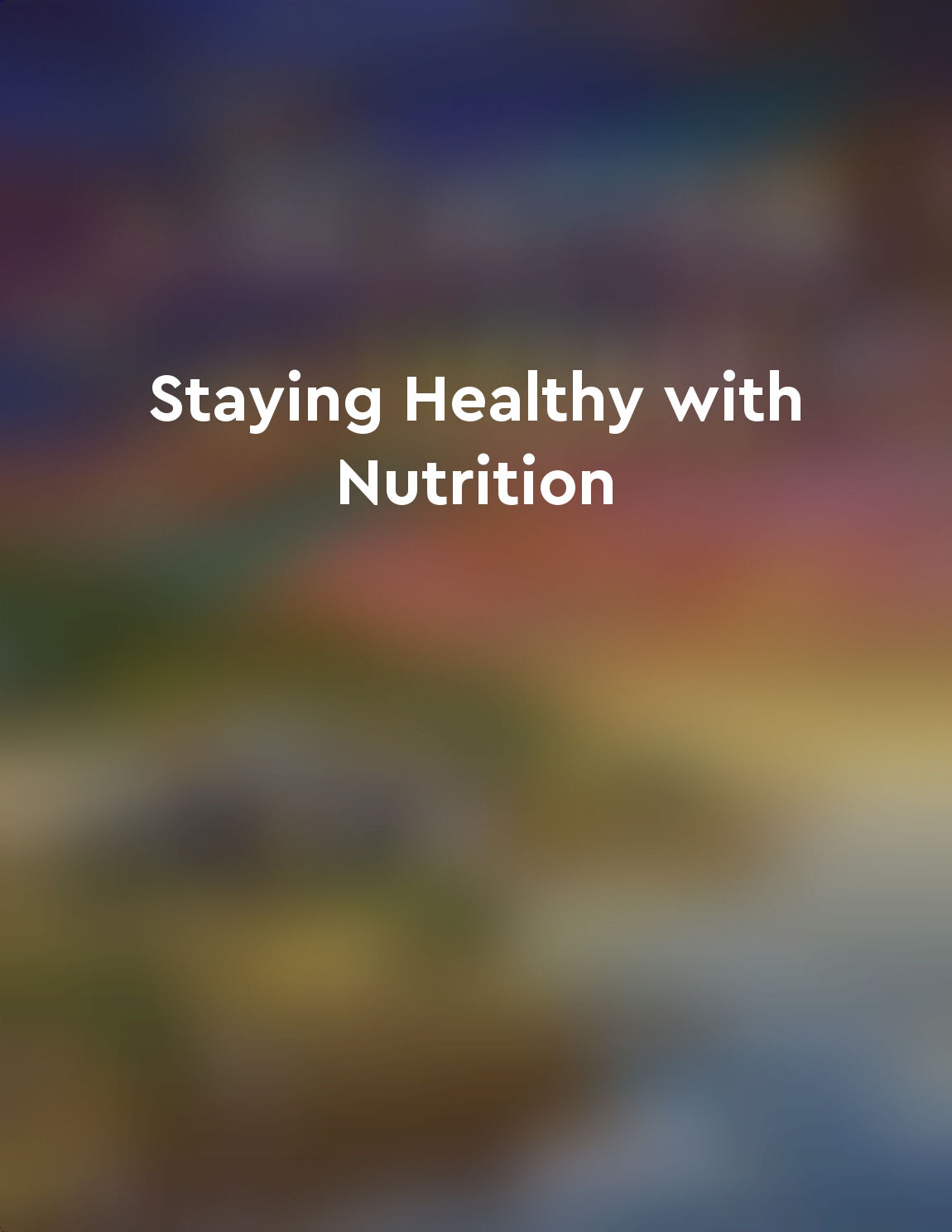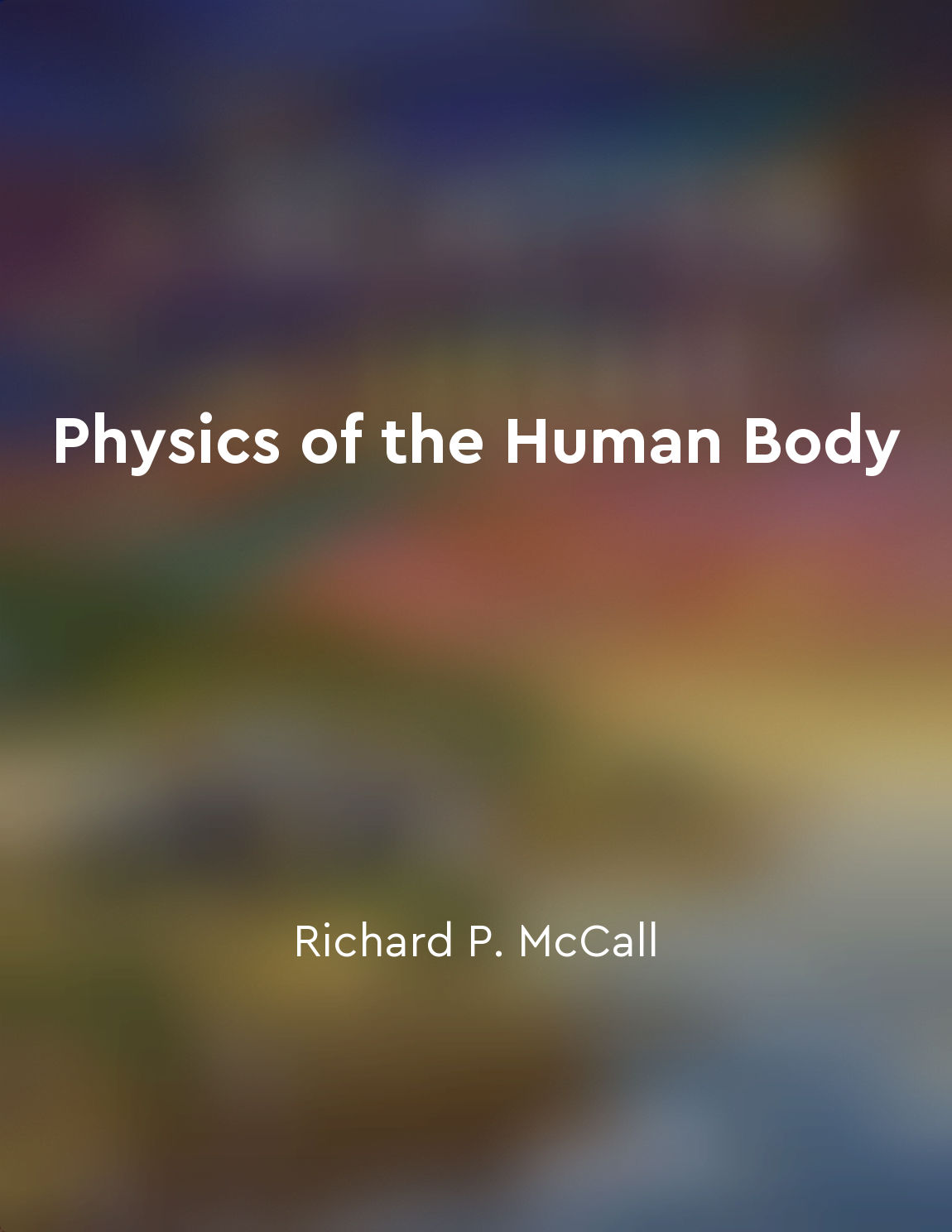The heart acts as a pump to circulate blood from "summary" of Physics of the Human Body by Richard P. McCall
The heart serves as a crucial organ in the human body, playing a vital role in the circulation of blood throughout the entire system. This process is essential for delivering oxygen and nutrients to various tissues and organs, as well as removing waste products from the body. The heart achieves this by acting as a pump, generating the necessary force to propel blood through the blood vessels. The heart consists of four chambers: two atria located at the top and two ventricles at the bottom. The atria receive blood from the body and lungs, while the ventricles pump blood out to the rest of the body. This coordinated movement ensures that blood flows in the correct direction, preventing any backflow and maintaining efficient circulation. The pumping action of the heart is driven by a series of contractions and relaxations, known as the cardiac cycle. During the contraction phase, the heart muscles squeeze together, forcing blood out of the chambers and into the blood vessels. This is followed by a relaxation phase, allowing the chambers to refill with blood before the next contraction. The heart's pumping action is regulated by a specialized electrical system that coordinates the timing and strength of each heartbeat. This system ensures that the heart beats at a regular rhythm and adapts to changing demands, such as during exercise or rest. Any disruption to this electrical system can lead to irregular heartbeats or other cardiac issues.- The heart's role as a pump is essential for maintaining the body's overall health and function. Its ability to circulate blood efficiently ensures that oxygen and nutrients reach every cell in the body, supporting various physiological processes. Understanding the physics behind the heart's pumping action can provide valuable insights into its function and the importance of cardiovascular health.
Similar Posts
Incorporating relaxation into daily life can enhance overall health
In today's fast-paced world, stress has become a common part of our daily lives. We are constantly bombarded with demands from ...

Creating a sense of safety and security is vital for vagal health
Establishing a sense of safety and security plays a crucial role in supporting the health of the vagus nerve. When we feel safe...
Mix up your workout routines for better progress
To make the most of your workouts and continue seeing progress, it's essential to vary your routine regularly. Doing the same e...

Adapt your training as your fitness level improves
As you progress in your fitness journey, you will inevitably reach a point where your current training regimen no longer provid...
Stay true to yourself and your values
Staying true to yourself and your values is essential when navigating through life's challenges. It means being authentic and g...
Set realistic goals for health improvement
Setting realistic goals for health improvement is crucial when it comes to preventing a second heart attack. It is important to...

The benefits of regular health screenings and checkups
Regular health screenings and checkups play a crucial role in maintaining optimal health and preventing potential health issues...
Breathing impacts our sense of smell
Our sense of smell is intimately connected to our breathing. When we inhale, air enters our nasal passages and moves over a pat...
Resistance training is necessary to build muscle and increase metabolism
To build muscle and increase metabolism, you must engage in resistance training. This type of training involves using external ...


